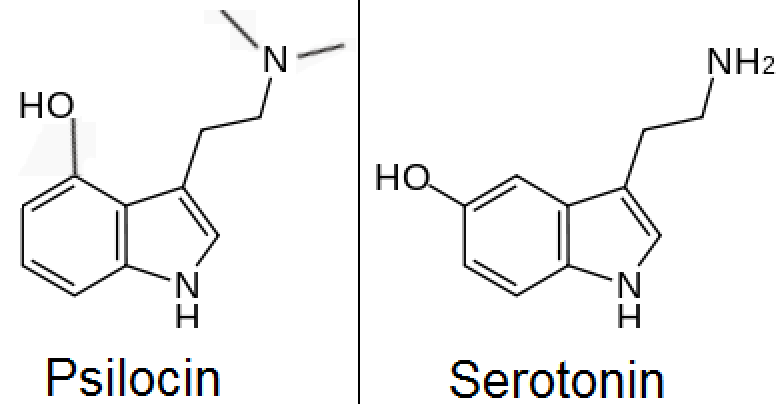A New Hope for Mental Health: The Promise of Psilocybin
Written on
Chapter 1: The Shift in Perception of Psychedelics
For decades, psychedelics have been misunderstood and sidelined within the realm of narcotics. Their reputation has suffered due to stigmatization, often associated with the counterculture movement and the stringent policies of Nixon's 'War on Drugs.' However, recent studies suggest that substances like psilocybin mushrooms could soon reclaim their place in modern medicine.
While psilocybin has been prohibited in numerous Western nations, including the USA, UK, Canada, and Austria, some South American countries have either legalized or do not actively enforce laws against its use. This leniency often stems from the traditional cultural roles psychedelics have played in these societies.
What Is Psilocybin?
Psilocybin is typically consumed through dried or fresh mushrooms, leading to vivid visual and auditory experiences. Although much is known about its effects, understanding the precise mechanisms behind them is more complex. Notably, when ingested, psilocybin is converted in the liver to its active form, psilocin, which closely resembles serotonin—an essential neurotransmitter that affects mood and perception.
This similarity allows psilocin to engage the serotonin system in the brain, particularly activating a receptor known as the 5HT-2A receptor. This raises an intriguing question: why does psilocin induce profound alterations in perception while serotonin does not?

The answer may lie in research by Gonzales-Meaeso, who suggests that psilocin, due to its slightly different structure, not only activates the 5HT-2A receptor but also engages a receptor associated with the glutamatergic system, the mGlu2 receptor. This dual activation may elucidate why psilocin has such a powerful impact on human perception.
Why Is This Important?
With treatment-resistant depression on the rise, particularly exacerbated by the COVID-19 pandemic, many individuals struggle to find relief from their symptoms. Research indicates that nearly one-third of those suffering from depression do not benefit from conventional antidepressants, highlighting a pressing need for alternative treatments.
Studies conducted by Dr. Robin L Carhart-Harris show that a single high dose of psilocybin can lead to significant reductions in depressive symptoms for up to three months, with 67% of participants reporting complete remission within a week of treatment. Such findings provide a beacon of hope for those trapped in cycles of despair.
Despite these advances, the stigma surrounding psychedelics persists, often overshadowing vital research. Psychiatrists have recognized the benefits of psychedelics in treating depression since the 1950s, yet governmental restrictions have hampered research progress. The 'Controlled Substances Act' of the 1970s effectively halted government-funded studies into psychedelics, stifling potential breakthroughs in mental health treatment.
As the field of mental health evolves, psilocybin presents an opportunity not just for those without other options but also as a potential alternative to the often ineffective and side-effect-laden antidepressants currently prescribed. Many patients experience adverse effects, including insomnia, fatigue, and weight gain, from standard treatments.
It's evident that psychedelics may hold unparalleled medical potential. It's time for outdated legislation to give way to a new era in mental health treatment, one that our increasingly disconnected society desperately needs.
Chapter 2: The Future of Psilocybin in Mental Health
The first video titled "Magic Medicine: When Magic Mushrooms Cure Depression" dives into the transformative potential of psilocybin in treating depression and the science behind it.
The second video, "Magic Mushrooms: A Mental Health Cure?" explores various perspectives on the use of psilocybin and its implications for mental health treatment.